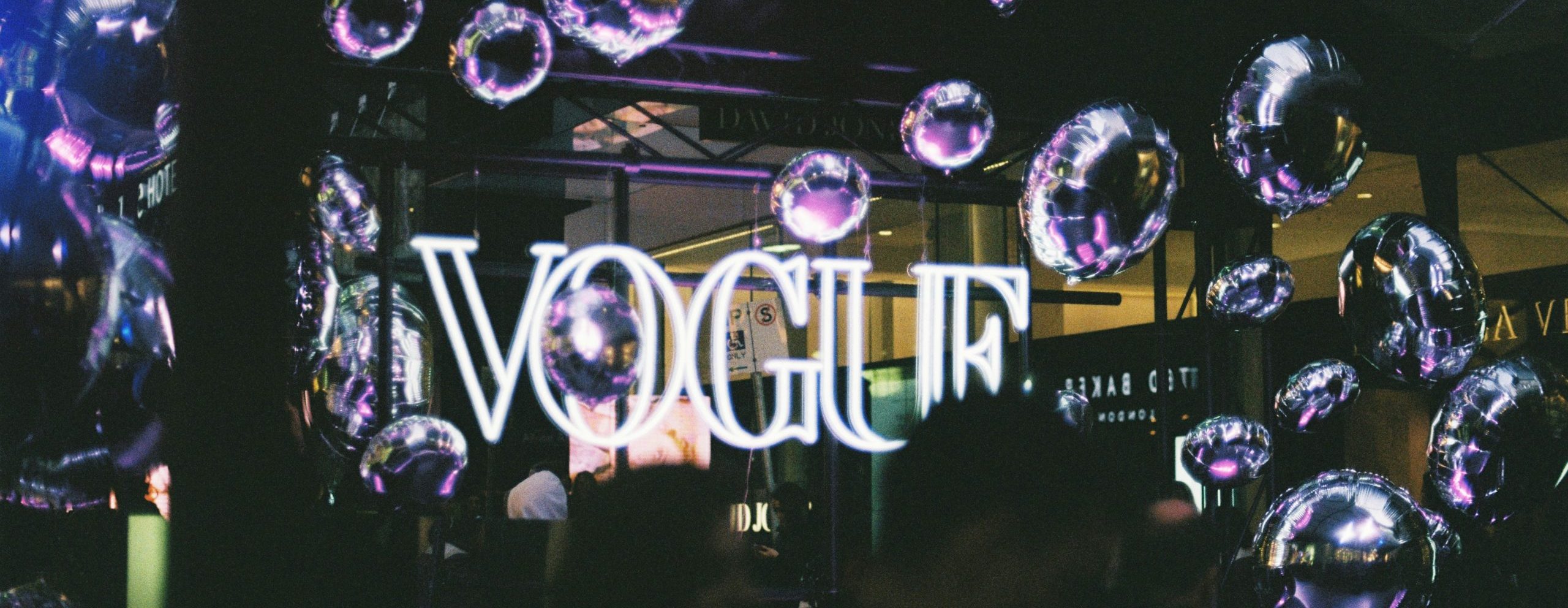
May 18, 2024
AI Is In Vogue: Luxury Fashion Consumers Excited by Possibilities for Artificial Intelligence
TL;DR
- Luxury fashion consumers believe AI will enhance their overall customer experience.
- They are excited by the prospect of greater personalization, brand loyalty, and innovative design.
- Fashion consumers and brands both project that customization will increase sales.
Known for jumping ahead and integrating new technology into business operations, product design, and the user experience, it is no surprise that the luxury fashion world has been as captivated by the new possibilities of artificial intelligence (AI) as people in Silicon Valley, Hollywood, Washington, and far beyond. How will AI impact the luxury retail experience? Through a partnership with Google, Vogue Business reports that luxury retail shoppers (defined for the study as those spending at least $1,000 on luxury fashion in the past year, or $500+ on a single designer fashion item) generally expect AI to enhance innovative design, personalization, and brand loyalty in the luxury industry.
This new research finds that most luxury shoppers (56%) are interested in how brands can use AI to create more unique designs. Meanwhile, the top AI benefits that would push luxury consumers to make a purchase include “hyper-personalization” of shopping recommendations (39% in-store, 35% online) and customized deals and offers on products (38%). This personalization and customization would induce 47% of luxury shoppers to spend more on luxury items in-store. The Vogue Business report explains AI tools have “the potential to significantly boost brand perception, drive loyalty, and increase consumer spending.”
The same report also finds that the vast majority (87%) of the highest luxury spenders (those who spent over $3,000 on luxury items in the past year) are excited about luxury brands using AI during the next few years. At a luxury price point, customers expect something more unique for their money, and artificial intelligence can help designers deliver a customized experience quickly–from unique designs to targeted marketing to more individually tailored buying experiences and purchase suggestions. For example, McKinsey estimates generative AI agents will help luxury sales associates develop long-term relationships with their highest-spending customers to encourage purchases. Luxury brands expect increased and ongoing communication with customers via generative AI tools to help human agents increase sales.
While luxury brands lead the charge in using AI for personalization and fostering brand loyalty, lower-cost retailers are also harnessing AI. For instance, fast fashion brands such as Zara and H&M use generative AI tools to predict future trends and shorten production times. Luxury and fast fashion companies alike leverage AI tools for routine business tasks, from improving logistics, to tracking inventory, streamlining customer service, saving time, and cutting operational costs.
As we’ve seen across a number of industries exploring and embracing AI tools (i.e. defense, healthcare, SMB retail), there are many ways to integrate tools into a business workflow. Vogue Business explains that for luxury fashion in particular, generative AI tools such as Google Gemini give opportunities “to enhance creativity by gaining insights, brainstorming together, and collaboratively crafting compelling stories for consumers.” As AI adoption accelerates, business leaders should be encouraged by the fact that consumers are eager to see how brands they love will use AI technology to improve the customer experience.
Lilly Gillespie is a Senior Research Analyst at the RXN Group.

